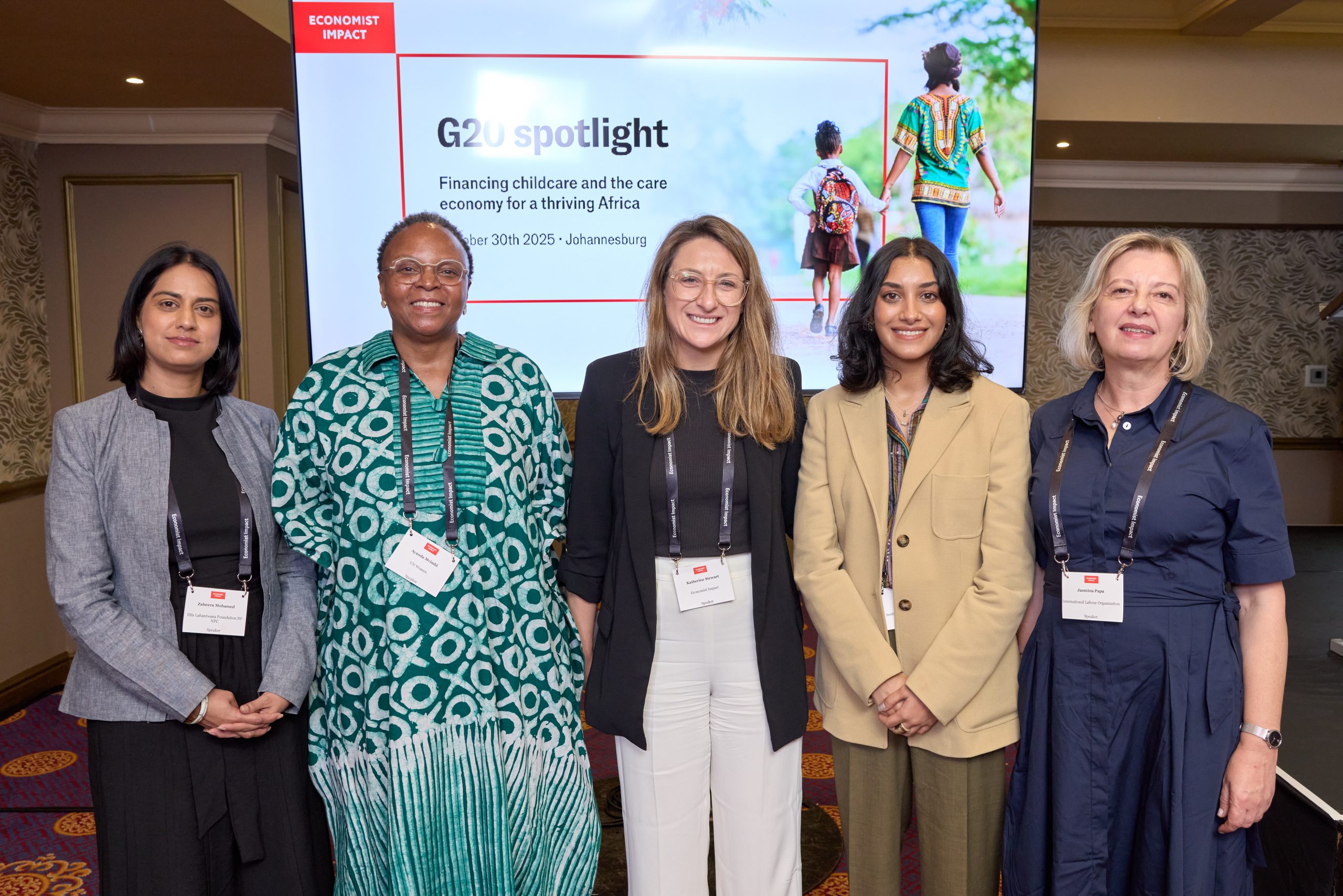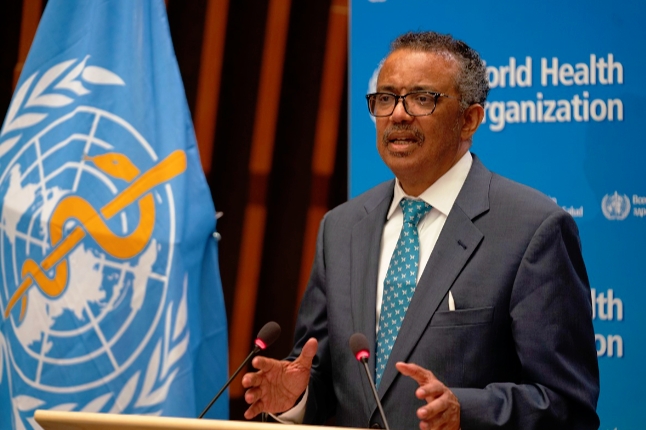KAPS 2025 Paediatric Surgical Camp held at AgaKhan and JOOTRH Hospitals to fix Congenital Malformations
KISUMU, Kenya, October, 7th -SIX YEARS AGO, when Evalyne Awino welcomed her fourth child, Geoffrey Omondi, the family was overwhelmed with joy. Incidentally, their happiness was soon overshadowed by concerns regarding his unusual genital appearance.
Worried about her son’s condition, Ms Awino sought consultation at several clinics, but the response was disheartening. The medical professionals advised that Omondi was too young for surgery and that there wasn’t enough skin beneath the penis to facilitate normal urination.
Reflecting on the experience a day post-surgery, Ms Awino noted, “Ilikuwa inakaa kama mwenye alishawahi kutahiriwa lakini bado” (It looked like that of a circumcised person, yet he hadn’t undergone the procedure).
As she lay beside him at Aga Khan Hospital in Kisumu (AKHK), she explained that although Omondi had never felt pain, his urination was problematic, dripping rather than flowing straight. The surgery lasted three and a half hours to correct his condition.
According to paediatric surgeons, Omondi’s diagnosis was a congenital condition requiring Urethroplasty. This procedure addresses a male urethral stricture, which is the narrowing of the urethra caused by scar tissue, impeding normal urine flow.
Factors contributing to this condition can include trauma, infections, catheterisation, or previous surgeries, with prevalence higher in men due to the length of the male urethra.
Common symptoms of urethral strictures include difficulty urinating, a weak stream, incomplete bladder emptying, recurrent urinary tract infections (UTIs), and discomfort during urination. If left untreated, severe complications such as bladder dysfunction, recurrent UTIs, kidney damage, and renal failure can arise.
Urethroplasty aims to remove or reconstruct the narrowed urethral section, widening the urine channel to provide a durable solution. The process begins with evaluating the urinary tract through tests like uroflowmetry (measuring urine flow and force) or cystoscopy.
In another notable case, Yvonne Akinyi’s daughter, Alicia Amor from Bondo Sub-County, was born with an umbilical hernia that had been protruding since birth. Her condition prompted ongoing concern for the family.
Yvonne shared that Alicia often experienced abdominal pain and a noticeable bulge.
“It continued to worry Alicia. I’m not sure if it was hereditary, as my sister and I also experienced it, but mine wasn’t as pronounced,” Yvonne explained, watching Alicia move about actively.
Despite undergoing initial corrective surgery in Kisumu in 2022, Alicia’s condition persisted, leading to stigmatisation as peers often stared or laughed at her appearance.
In pursuit of a solution, Yvonne sought further medical advice at Jaramogi Oginga Odinga Teaching and Referral Hospital (JOOTRH). Tests confirmed Alicia’s hernia remained in August 2025.
At 1530hrs on September 29th, Alicia underwent surgery at AKHK, successfully completing the procedure before 1700 hrs, and was recovering well.
Experts describe Umbilicoplasty as a cosmetic surgery that aims to remove excess skin around the belly button while repairing an umbilical hernia.
Both Alicia and Omondi were among the selected children and young people aged 0 to 22 who received life-changing, free specialised surgeries at the recent paediatric surgical camp.
It was organised by the Kenya Association of Paediatric Surgeons (KAPS) in collaboration with the Society of Paediatric Anaesthesiologists of Kenya (SPAK).
After a rigorous selection process, successful applicants were identified from Kisumu, Nandi, Kericho, Siaya, Homabay, Kisii, Nyamira, Migori, Bungoma, Kakamega, Vihiga, and Busia.
Global Paediatric Statistics
According to Kenyatta University Teaching, Referral and Research Hospital (KUTRRH), paediatric cancer is a significant global health concern, with over 400,000 new cases diagnosed annually in children and adolescents worldwide.
“The burden of paediatric cancer varies considerably across regions, reflecting disparities in healthcare infrastructure, access to advanced treatment, and socioeconomic factors,” reads KUTRRH’s report on the Global Situation of Paediatric Cancer.
Echoing similar sentiments, Prof. Dr Francis Osawo, a lead paediatrician, surgeon and urologist, says that Kenya’s population exceeds 50 million, with the paediatric demographic, predominantly consisting of children and adolescents, estimated at 10 million.
This figure dramatically contrasts with the limited number of paediatric surgeons practising in the country.

The three-day 2025 Annual Children’s Surgical Camp commenced on September 1, featuring a skilled team comprising surgeons, anaesthetists, urologists, and paediatric surgery post-graduates.
Noteworthy surgeries performed included complex procedures such as Umbilicoplasty, Right Herniotomy, and Urethroplasty, primarily conducted at JOOTRH and AKHK.
Dr Osawo, who serves as both the KAPS Chairman and Consultant Surgeon, explained that their work focuses on treating issues related to the abdomen, genitals, and urinary tract.
“We encounter children with congenital malfunctions, such as renal openings that hinder them from defecating, open abdomens and bladders that require closure, and issues with urination or incorrectly placed bladders,” said Dr Osawo during a media briefing at AKHK.
He added that they also address abdominal wall weaknesses that result in protrusions, along with urgent cases of cancer and tumours.
To restore health and transform futures, KAPS offers free services, particularly targeting the most disadvantaged in society, with a special focus on children.
“These services aim to address 70-80 percent of surgical issues, and we strive to ensure that patients appear normal in both appearance and function,” he said.
Dr Osawo emphasised the importance of meeting their set targets; failure to do so leaves affected children grappling with ongoing health issues.
“Many children with disfigured body parts are often abandoned in villages because ‘adults care less’ about a child who can feed and walk,” he observed.
Most patients are discharged after surgery, although a few may remain for further care, with ground teams conducting initial follow-ups one week post-operation. While some patients require no additional follow-up, others may need rescheduling for different clinics to ensure satisfactory outcomes.
Dr Osawo elaborated on the causes of congenital malfunctions, explaining that these conditions develop during pregnancy and are influenced by various factors.
“Many conditions stem from environmental influences on the expectant mother, including diet, medication, radiation, chemical exposure from new paints, and infections like fibroids,” he noted.
These factors can lead to Disorders of Sex Variations such as hermaphroditism and intersex conditions.
KAPS has a total of 50 members, comprising 35 registered paediatric surgeons and associates in the country.
In 2024, to decentralise services that are primarily concentrated in urban areas, the organisation, through its Corporate Social Responsibility (CSR) initiatives, successfully performed 112 surgeries in Garissa County, targeting remote villages.
In previous surgical camps, their skilled helping hands have also been felt in Mombasa, Nakuru and Kakamega counties.
Affirming these efforts, Dr Jack Okumu, AKHK Head of Surgery and Consultant Surgeon, expressed satisfaction in giving back to society as they address multiple cases.
“We hope our efforts bring joy and big smiles to children, parents, and their families.”
Jane Wanyama, the CEO of AKHK, emphasised the facility’s commitment to collaborating with KAPS in activities that enhance healthcare and disease prevention.
“In addition to our in-and-outpatient services, education, and research, patients benefit from skilled surgeons and support through the Patients Welfare Budget,” she noted.
Given that many shortlisted children faced complex health issues that they could not afford, the initiative required fundamental support from the Social Health Authority (SHA), with all related costs covered by Aga Khan Hospital and KAPS.
In total, 123 procedures were completed, with 106 surgeries performed, including 91 at JOOTRH and an additional 15 at Aga Khan Hospital.
KAPS is appealing for the goodwill of well-wishers, particularly local elected leaders, and encourages the media to continue raising awareness about children’s surgical needs for the benefit of the community.

Key collaborators included Medical Aid Alliance, Coptic Hospital, Tenwek Teaching and Referral Mission Hospital, Gertrude’s Children’s Hospital, Kenyatta University Teaching, Referral, and Research Hospital (KUTRRH), and Kenyatta National Hospital (KNH).
Parents Evalyne and Yvonne, beneficiaries of the surgical camp, described the initiative as timely and a blessing. They commended the surgical team for their excellent work and warm hospitality.
“I encourage the public not to overlook free medical camp awareness campaigns; they are vital in addressing various health conditions, especially among children,” Yvonne urged.



